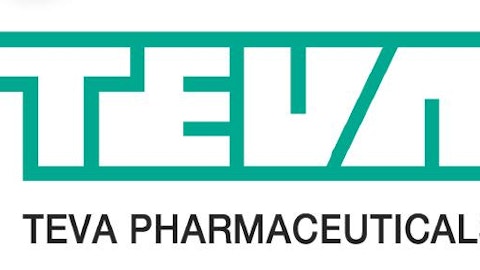How will Japan’s struggling economy affect Aflac?
Aflac is much more a Japanese company than it is an American company. Aflac generates 75% of its premium revenue in Japan. This fact has scared many investors away from Aflac because of Japan’s struggling economy.
Here are a few startling facts about Japan:
- Japan is the most indebted ‘western’ country. Japan has a public debt to GDP ratio of 227%. Compare this to Greece’s debt to GDP ratio of ‘just’ 175%.
- Japan has an expected negative population growth rate. The Japanese population is expected to decline from 127 million today to 97 million by 2050.
- The Japanese stock market was worth more in the 1980’s than today, as the image below shows:
I would not bet on the Japanese economy as a whole going forward. The brutal combination of massive debt and negative population growth means that the youth of Japan today will have a tremendous debt burden.
If interest rates rise, Japan will have to spend a substantial portion of its tax revenues on paying interest on its debt.
It’s critical to note that an investment in Aflac is not an investment in the greater Japanese economy.
Aflac’s annual premiums in Japan grew at an annualized rate of 5% a year from 2005 through 2014. Japan’s population declined by 0.1% a year over the same time period, while the country’s economy (as measured by GDP) grew at just 0.1% a year.
Based on the above numbers, Aflac grew its annual premiums about 5 percentage points faster than the overall Japanese economy. The company’s growth does not appear to be tied to Japan’s economy.
AFLAC Incorporated (NYSE:AFL) is heavily exposed to Japanese government bonds. Over 38% of the company’s debt securities are Japanese government bonds. If Japan were to experience significant inflation from its loose monetary policy, Aflac could see investment losses.
This doesn’t detract from the company’s insurance business model, but it does call into question the company’s large investments in Japanese government bonds instead of taking a more diversified approach.
Does Aflac have favorable growth prospects?
Aflac grew earnings-per-share at 10.3% a year over the last decade. This double-digit growth period includes both the Great Recession and a period of rapidly falling interest rates. It was a difficult time for insurers, but Aflac managed to generate strong earnings-per-share growth for shareholders.
Low interest rates cause insurers to generate less profit from their insurance float. The higher interest rates are, the more profits can be squeezed out of the float.
Aflac expects continued growth ahead. The company’s CEO had this to say about expected results for the rest of 2015:
“Having completed the first nine months of the year, I am pleased with the company’s results. We believe those results, combined with our outlook for the remainder of 2015, well-position Aflac for another year of solid financial performance. I want to reiterate our expectation that the growth of operating earnings per diluted share will be in the range of 4% to 7% on a currency neutral basis.
While operating earnings per share growth of 4% to 7% is not terrible, it is below what Aflac shareholders are accustomed to. The company’s growth has picked up recently. Constant-currency operating income per share increased 11.9% in Aflac’s most recent quarter.
Aflac has achieved rapid growth over the last decade by finding innovative new sales channels in Japan. An example is the company’s partnership with the Japanese post office to sell insurance policies.
Going forward, Alfac will continue to grow its operating earnings. The company should see operating earnings-per-share growth of 5% to 10% a year over the next several years (on a constant currency basis) from organic growth and share repurchases.
If interest rates rise, the company will see earnings-per-share increase as it will be able to invest its float in higher yielding securities.





